Abdul Baba
Introduction to Abdul Baba and his daily routine:
Abdul was born in about 1871 and was a native of Nanded. When he was very young, and under the care of Fakir Amiruddin of Nanded, Sai Baba appeared in the dream of that Fakir, and gave him two mangoes telling him to give the fruits to Abdul and send Abdul to Shirdi. Accordingly the Fakir told him of that dream, gave the fruits and directed him to go to Sai Baba of Shirdi. So, he came in his 20th year, about 1890, to Baba. Baba welcomed him at Shirdi with these words: ‘Mera Kabla Ala’, that is, ‘My crow has come.’Baba directed him to devote himself entirely to his service. So, his work was to feed the five perpetually burning oil lamps, such as those at the Lendi, the Masjid and the chavadi and to keep them lighted. He was always by Baba’s side rendering service. Abdul Baba’s services were washing clothes in the streamlet at the village boundary, sweeping the Mosque, the chavadi and the surrounding places, lighting the lamps in these buildings, feeding them with oil and sweeping the village streets and removing the night soil from the way of Baba.
He read the Koran sitting near Baba at the Mosque. Baba occasionally opened the Koran and made him read or rather recite passages at which he opened the book. He occasionally quotes passages from the Koran. Abdul kept writing down what Baba said in his notebook in Marathi and Modi script which contains Baba’s utterances. That was Abdul’s Koran. Everything which fell from Baba’s lips is sacred and is enshrined in that book.
The above file is a very precious translation of Abdul Baba’s book where he would write down the words of Sai Baba. Later on in life he would use this to make predictions and they all came true. There are two instances of such prophetic consultation. In the Sai Mandir, a well was dug. The water proved salty. Baba was in Mahasamadhi at that time. So, Abdul Baba consulted Baba’s book of sayings. The reply he got was, “the deeper the well is dug the water will become sweeter”. Accordingly the well was dug deeper by 2 feet, and the water was not salty. Another instance was this: Barrister Gadgil wanted to know if his son would return from England and where he would stay then. After consultation, Abdul Baba said, “He will return”. And so, he did return with his English wife and children. Abdul Baba used this manuscript book as his Koran. He used to go on reading it reverently, got absorbed in it and rolled beads in his hands at the same time.
Life after Baba’s Mahasamadhi:
It is to be noted that Abdul Baba’s first Guru later on came to Shirdi and wanted him to go back from Shirdi. But Abdul Baba pleaded that nothing could be done without Baba’s permission. Baba, not having given the permission, the former Guru went away from Shirdi. Abdul Baba stuck on to Baba right up to the end, doing all menial and even scavenging services. After Baba passed away, he was the one to decorate the tomb of Baba, arrange the clothes and flowers on it and receive the first Prasad for his sustenance.
Abdul Baba passed away in 1954 and his Samadhi is situated inside Shirdi Sai Baba Temple Complex. This is the first Samadhi to your right opposite to the Museum on the way to Lendi Bagh. Abdul Baba’s cottage is in front of the Chavadi. Devotees, who visit his cottage have an opportunity to venerate the Chimta (Prongs). It is said that they were given to him by Baba. Abdul treasured it and venerated it daily with Loban (incense). After Baba’s Mahasamadhi, Abdul used this for curing the pains and ailments of devotees. One can have a darshan of the original photographs of Baba that are hung on the left wall.
Life lessons to be learned from Abdul Baba:
-
One should lead their life very simply, eat very little, sleep very little and spend most of your time in Sadhna, be it naam jap of Baba or be it reading the Satcharita
-
Do seva in whichever way you can – if in Shirdi, you can sweep the Dwarakamai, or not litter the streets
Dr. Vinny emphasises how this task changed Hemadpant as a person. Vinny Ma also gives us details about the original Satcharita written in poem form in Marathi, and how translated and editions versions have not been able to do justice to Baba’s words that He uttered. She hopes one day, someone will accurately translate Baba’s words from Marathi to other languages and bring out the essence of what He spoke.

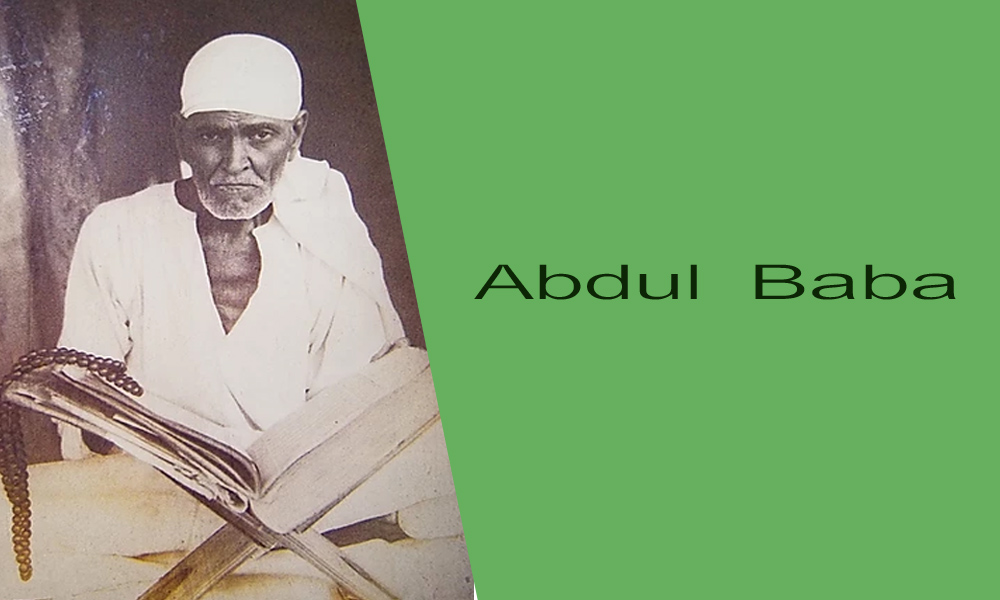
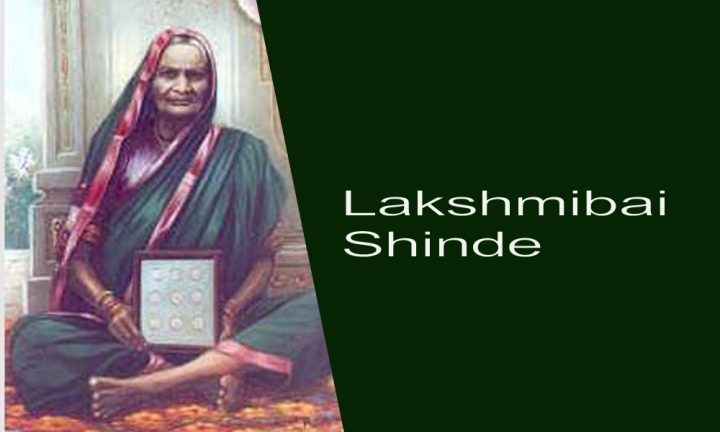
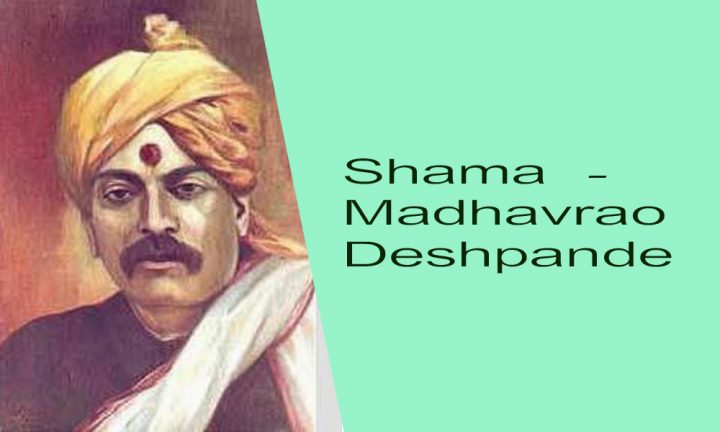
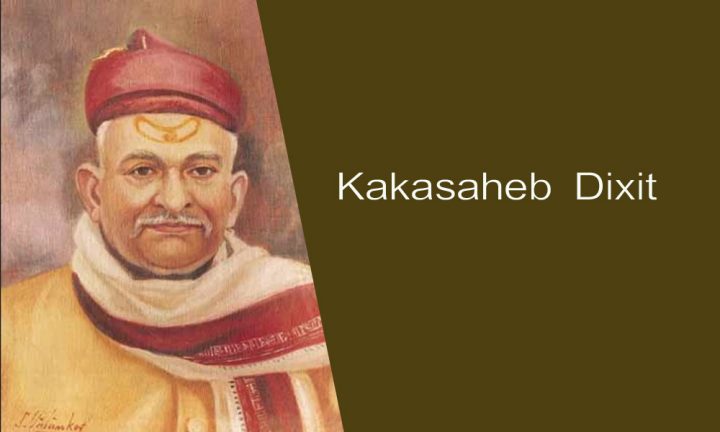
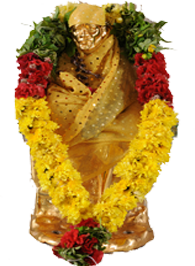
 Donate Now
Donate Now  Online Services
Online Services

Find us on Social Media